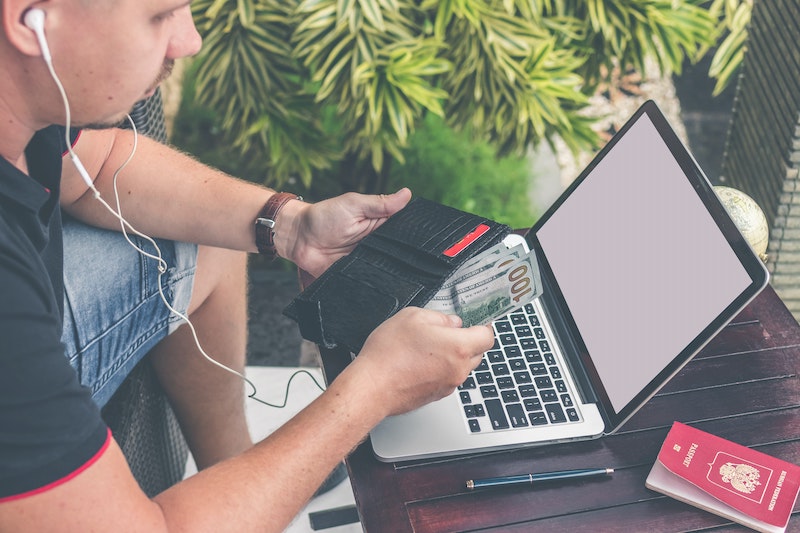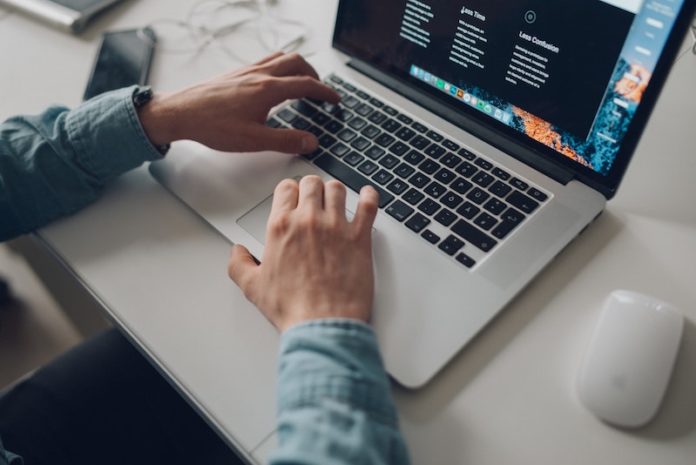The internet has created a whole new universe for us to live in. Sadly, the great new possibilities that it offers come with equally great risks.
People have learned how to take advantage of people with the newest technologies making it mandatory for all of us to seek the right ways to protect yourself and your family. It is a complex and very broad topic, so it is easy to get overwhelmed.
Here we present you a list of topics to help you protect your digital self, each with a brief explanation along with useful resources when it is necessary. This guide encompasses the most important areas to protect your digital self in a holistic way.
The idea is that each day, you should choose one of the topics and make some research or make a small change that heads you towards a safer digital life. As with any habit, trying to make all the changes at once is doomed to failure. So, for example, on Monday you can choose to understand what a “two-factor authentication” is, on Tuesday you will check the privacy status of all your Social Media accounts, on Wednesday you can sign a petition to your government to support net neutrality, and so on.
One topic each day. There is some flexibility, but ideally, you will set up in advance the time of the day in which you will accomplish this activity and the amount of time you will dedicate (5-15 minutes a day is ideal). There might be a couple of themes that will evolve to bigger projects and you do not have to be done with the topics on one day.
This guide is divided according to different areas for the protection of your digital self.
Technological Protection
o Keep your devices up to date and equipping them with antivirus software. There is a constant war between companies and the groups that invent viruses or look for security breaches. It is really important to keep your devices up to date because this will ensure that you have the patches created to prevent the latest problems. TechRadar maintains an up to date list of the best antiviruses in the market depending on the operative system you have on your computer or smartphone.

o Set-up two-factor authentication in the accounts that allow it or use an extra app. In just a few words, two-factor authentication means that you set up an extra step that ensures security. For example, if you log in to your bank account you need to confirm this with your mobile phone by entering a text or a code that is sent to you. The Verge compiled a useful article about this technology.
o Be cautious with the transactions you make online. Learn to identify scams. Normally any offer that sounds too good to be true will be a scam. This is especially the case when dealing with luxury or technology items like computers, smartphones, watches. Check if the picture was downloaded from the internet or if it original. The Federal Trade Commission Consumer Information has some useful recommendations about this topic.
o Learn how to make background checks on suspicious people online. Background checks sound like something from a movie where a shady person is paid to get information from illegal places. This is a big misconception. Background checks are very useful in situations like online dating, where you meet in person someone you met on the internet and it is important for you to know if they are being honest. Nowadays, Nuwber offers very thorough reports that will deliver information about a person’s criminal record, marital status, employment records, etc. This information is gathered legally, from publicly available data.
Be critical about how your data is presented and used by companies
o Unless you are a public figure, set your social media accounts to be private. Some of the most important Social Media platforms allow you to set your profile to private (this means that only the people you explicitly choose, can see the content you post).

o Take the time to understand what companies are allowed to do with your data. The Cybersecurity Alliance has an interesting article that emphasizes the importance of understanding how companies can offer free services. The trick is that they have a business model that somehow pays their bills and generates revenue, whether it is through ads in the app or by dubious means like selling your data to third party companies. This is why it is so important to question the services you use about this topic.
Personal protection
o Be mindful of the information you share online. This, of course, starts with being very critical about emails or messages that ask you sensitive information like your bank accounts or social security number. No serious company, bank, or government agency will ever ask you to share sensitive information through an unsafe channel. It is also advisable to turn-off any geolocalisation features, especially when it comes to tagging places like your home or your workplace. Unknown people should not be able to find out where you live from what you are posting online.
o Promote cybersecurity education for the children around you. Start, of course, with your children and any kids in your family, but you can also approach neighbors or other parents to make them aware of the importance of starting early. Children and teenagers are one of the most vulnerable groups to scamming, cyberbullying, and other types of risks, so it is important to make them aware of those risks. Moreover, let us not forget that our elders need online protection too as they are now more active in the digital world.
o Be political. Push your local and federal governments to set up legislation that protects citizens. Write letters to congresspeople or sign online petitions. Topics like net neutrality or the right to data legislation that protects the private sphere might sound so far away that you might think it has nothing to do with you. Every day, normal people are affected by decisions taken by non-transparent algorithms, and our government is not doing enough to stop them.
As you can see, keeping safe in the digital world means to make research and educate yourself on different topics and areas. By doing it a bit every day, it will be easier to cover more ground without feeling overwhelmed.

